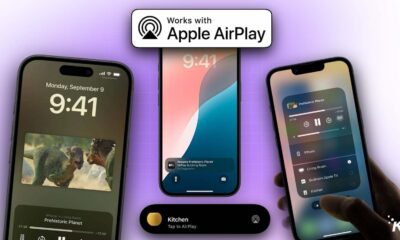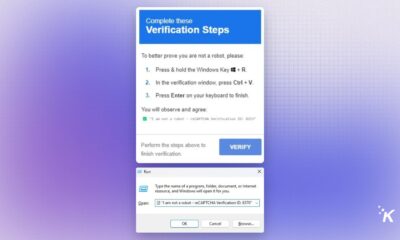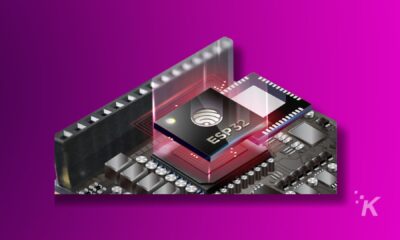Security
Can you refuse a TSA face scan at the airport?
Remember: You don’t have to accept a TSA face scan. Your voice matters when safeguarding privacy in an increasingly technologically-driven world.
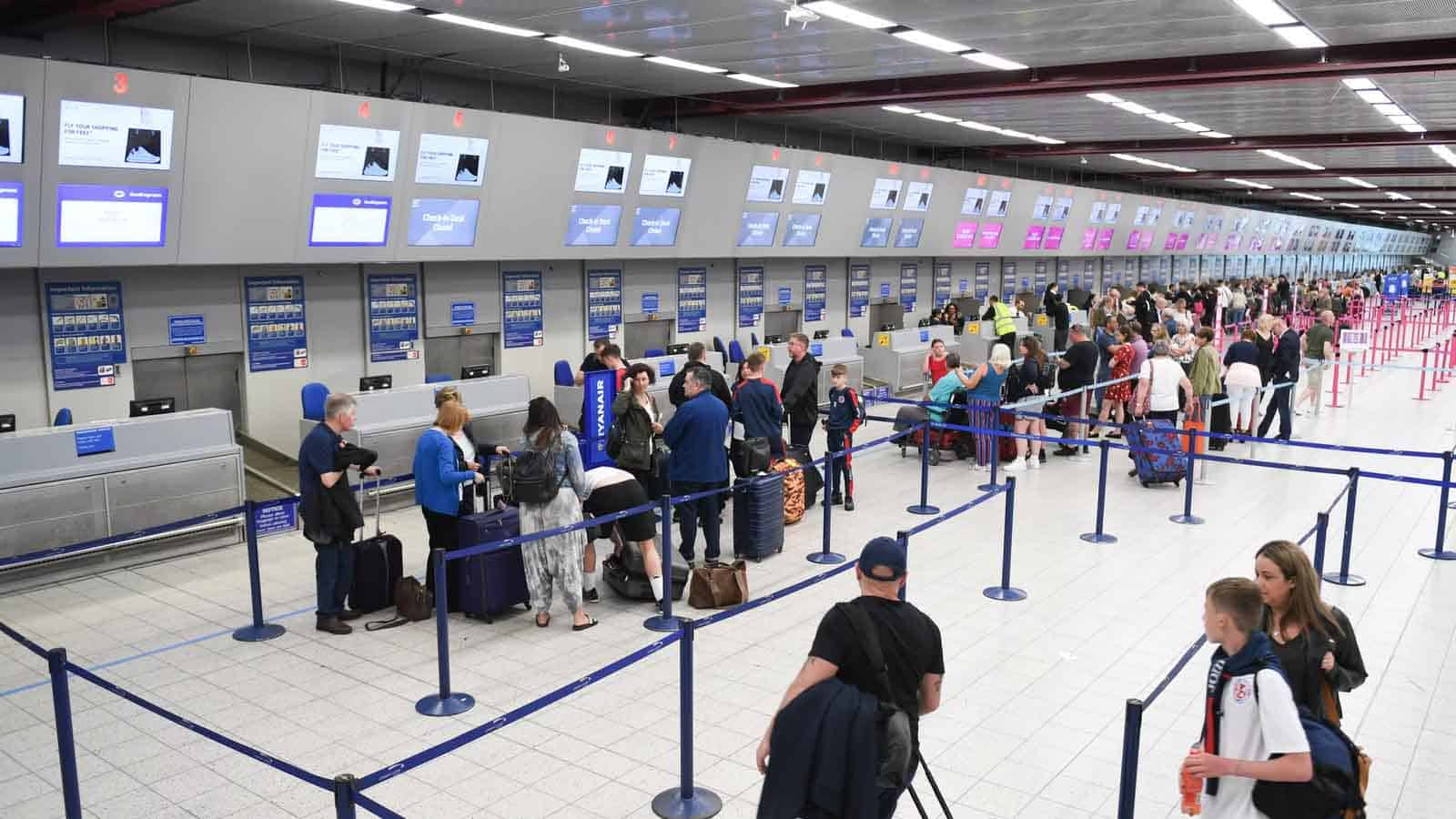
Quick Answer: Yes, you can refuse TSA face scans at the airport. Although they don’t advertise it, TSA face scans are voluntary, and you can ask for manual verification instead.
In today’s tech-driven world, your face is more than just a selfie opportunity. It’s becoming a form of identification, and the Transportation Security Administration (TSA) is all over it.
They’ve initiated facial recognition at select airports across the US, where the TSA checkpoints scan your face, and the plans are to roll it out to 400 more airports.
But hold on, isn’t this the same technology that’s been sparking debates about privacy and bias? Indeed, it is.
So, the burning question is: Can we choose to opt out of the TSA face scans?
Is denying a TSA face scan at the airport allowed?
Short Answer: Yes.
According to TSA’s public statements, the use of facial recognition technology is voluntary.
However, recent experiences shared by Senator Jeff Merkley and others raise doubts about how strictly this policy is upheld in practice.
Senator Merkley encountered a situation where he declined a TSA face scan at Washington’s Reagan National Airport but was met with claims that it would cause significant delays.
Despite his refusal, he cleared security without issues by presenting his photo ID to a TSA agent.
Tawana Petty, an advocate against facial recognition software used by law enforcement, also reported feeling pressured into accepting the face scan during her travel experience.
Calls for transparency and oversight
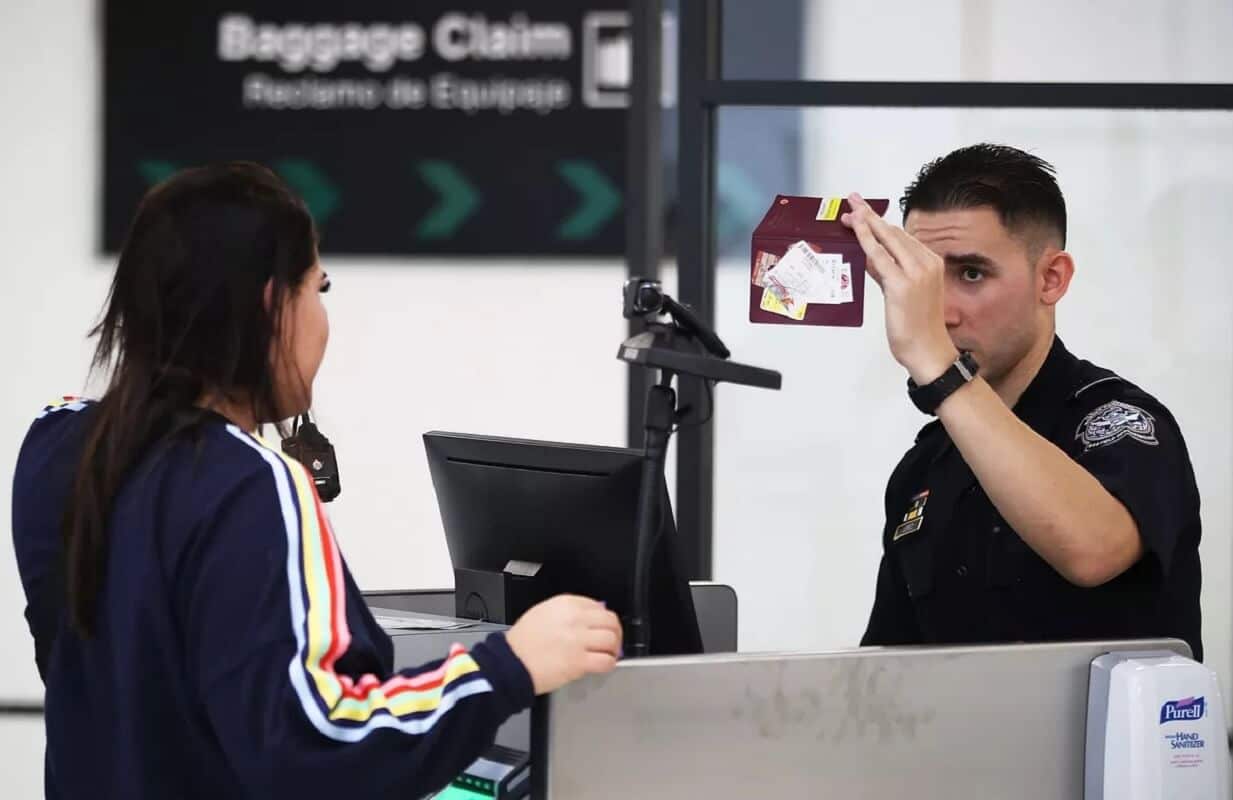
Instances like those mentioned above highlight discrepancies between stated policies and actual procedures at certain airports.
Critics argue that clearer signage should explicitly state passengers’ right to decline facial recognition ID checks.
Organizations such as the Algorithmic Justice League have urged individuals who have encountered TSA face scan machines to share their experiences, shedding light on potential issues with consent and privacy.
Experts advocating for accountability demand greater testing, third-party verification of results from TSA’s use of facial recognition software, and disclosure of the commercial software employed.
They argue that error rates and accuracy should be transparently shared, including analysis by age, gender, race, skin color, and their intersections.
Understanding Facial Recognition Accuracy
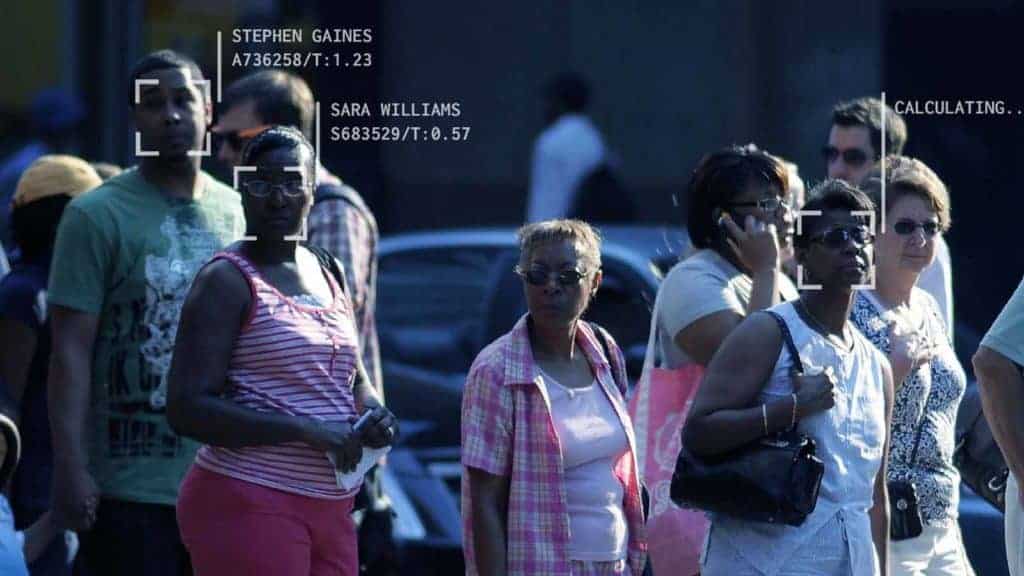
Proponents of facial recognition technology emphasize its potential benefits in enhancing safety and efficiency at airports.
TSA claims a 97% accuracy rate for its face ID technology (via Fast Company) without significant discrepancies across different races. However, experts caution that these statistics alone do not provide sufficient context.
Research has indicated that facial recognition systems generally outperform humans in verifying whether two images of the same person match each other. Nevertheless, accuracy varies depending on the circumstances.
Previous federal government analysis has shown considerable disparities in misidentifications between people of color and White individuals, although recent testing suggests some improvement.
Navigating airport security: opting out of TSA’s facial recognition
The voluntary nature of TSA’s facial recognition technology remains a topic of discussion and concern.
While passengers are informed they can decline a face scan, reports indicate instances where this option may not be effectively communicated or respected during airport security checks.
Transparency, oversight, and accountability are crucial to protect privacy rights and civil liberties.
As public awareness grows about the implications of facial recognition technology, individuals need to stay informed about their rights and choices when encountering these systems at airports.
By actively reporting experiences and engaging in discussions surrounding this issue, travelers can contribute to shaping policies prioritizing security and individual consent.
Remember: Your voice matters when safeguarding privacy in an increasingly technologically driven world.
Have any thoughts on this? Drop us a line below in the comments, or carry the discussion to our Twitter or Facebook.
Editors’ Recommendations:
- New iPhone 15 USB-C cables may not have any MFi restrictions
- OSOM’s $30 Privacy Cable protects you from meddling JuiceJackers
- Own this garage door opener? Shut it down; hackers can target it
- The best free password managers


























